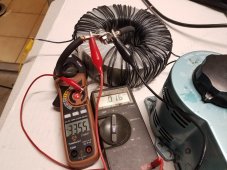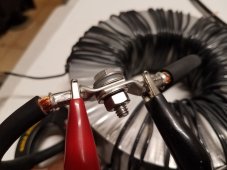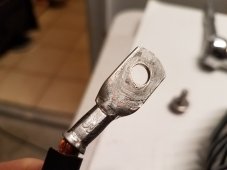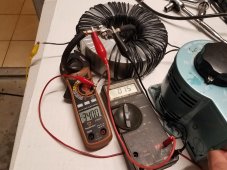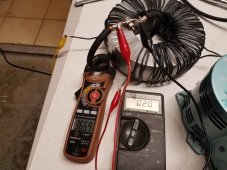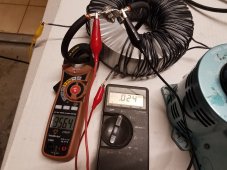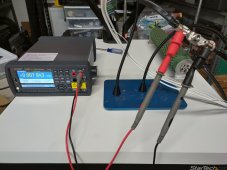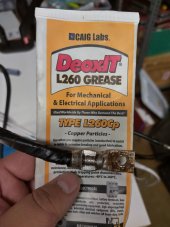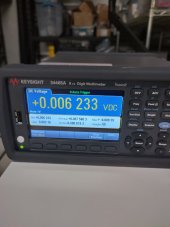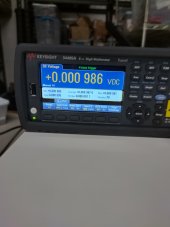Inspired by this thread I decided to test it myself. I happened to have this big toroidal transformer core sitting on my desk that happens to be an excellent source of 400 Amps AC as high as my clamp meter will go. So I crimped two #4 lugs on 4 AWG welding cable, looped it through the core and bolted the lugs together torqued as high as I can do with two 12" socket wrenches in both hands. First Test is without grease I got 16mV drop across cable lugs at 349A = 0.0458mOhm of lug+contact resistance. Second test with grease applied I got same 16mV at 352A = 0.0455mOhm which is 0.9% less resistance than without grease. I think I tightened it a bit harder on that second try which could explain slightly better result. Grease use was CRC technical grade dialectric grease. Verdict: Applying grease has no effect on lug contact resistance.
EDIT: I forgot about the bolt providing additional continuity without grease on the lug > bolt > nut > lug interface. I will re-test using insulation washer. Here is Test 2 with nylon washer.
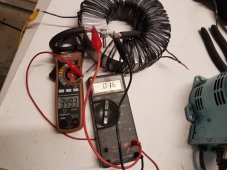
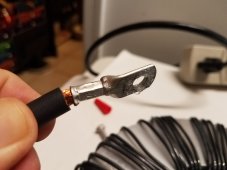
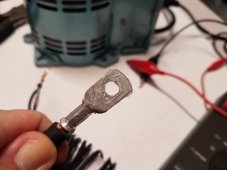
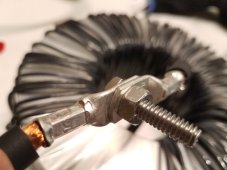
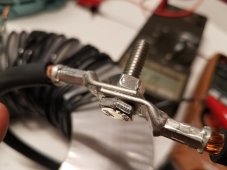
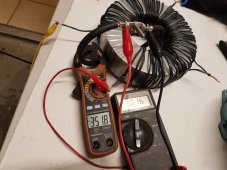
EDIT: I forgot about the bolt providing additional continuity without grease on the lug > bolt > nut > lug interface. I will re-test using insulation washer. Here is Test 2 with nylon washer.






Last edited:



